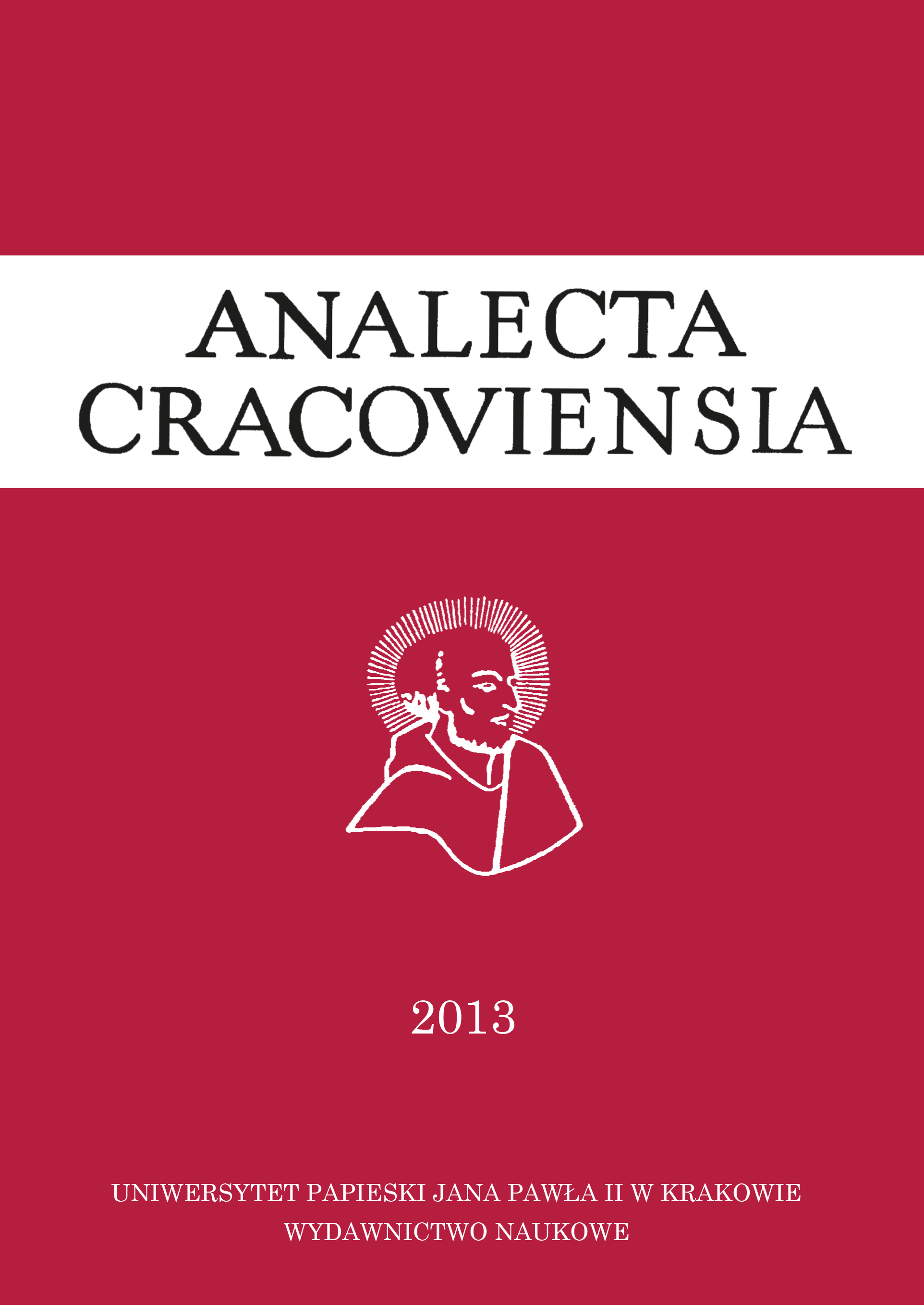Should the antiquity be an inspiration for the contemporary church legislator in the realm of marriage and family? Deliberations based on the culture of Greece and Rome
DOI:
https://doi.org/10.15633/acr.1139Keywords:
Legislation, Church, canon law, antiquity, Greece and RomeAbstract
Legislation is an art that takes inspiration from a variety of sources. There is a question: Should the antiquity be one of them? The paper attempts to give the answer. The author gives some proposals of such borrowing of ideas in the realm of marriage and family: making a choice of a candidate for a spouse, engagement and financial aspect of future marriage, contracting marriage without obligatory form, and a role of a father in the family. The presentation leads to the conclusion that the legislator should value culture of antiquity as a source of ideals but while borrowing the antique ideas he must follow the rules needed for such an action. The rules are presented in the paper, as postulates for good legislation.
Downloads
Published
Issue
Section
License
Copyright (c) 2015 Piotr Kroczek

This work is licensed under a Creative Commons Attribution-NonCommercial-NoDerivatives 3.0 Unported License.
Authors who publish with this journal agree to the following terms:
- Authors retain the copyright and full publishing rights without restrictions, and grant the journal right of first publication with the work simultaneously licensed under a Creative Commons Attribution 4.0 International License that allows others to share the work with an acknowledgement of the work's authorship and initial publication in this journal.
- Authors are able to enter into separate, additional contractual arrangements for the non-exclusive distribution of the journal's published version of the work (e.g., post it to an institutional repository or publish it in a book), with an acknowledgement of its initial publication in this journal.
- Authors are permitted and encouraged to post their work online (e.g., in institutional repositories or on their website) prior to and during the submission process, as it can lead to productive exchanges, as well as earlier and greater citation of published work (See The Effect of Open Access).

